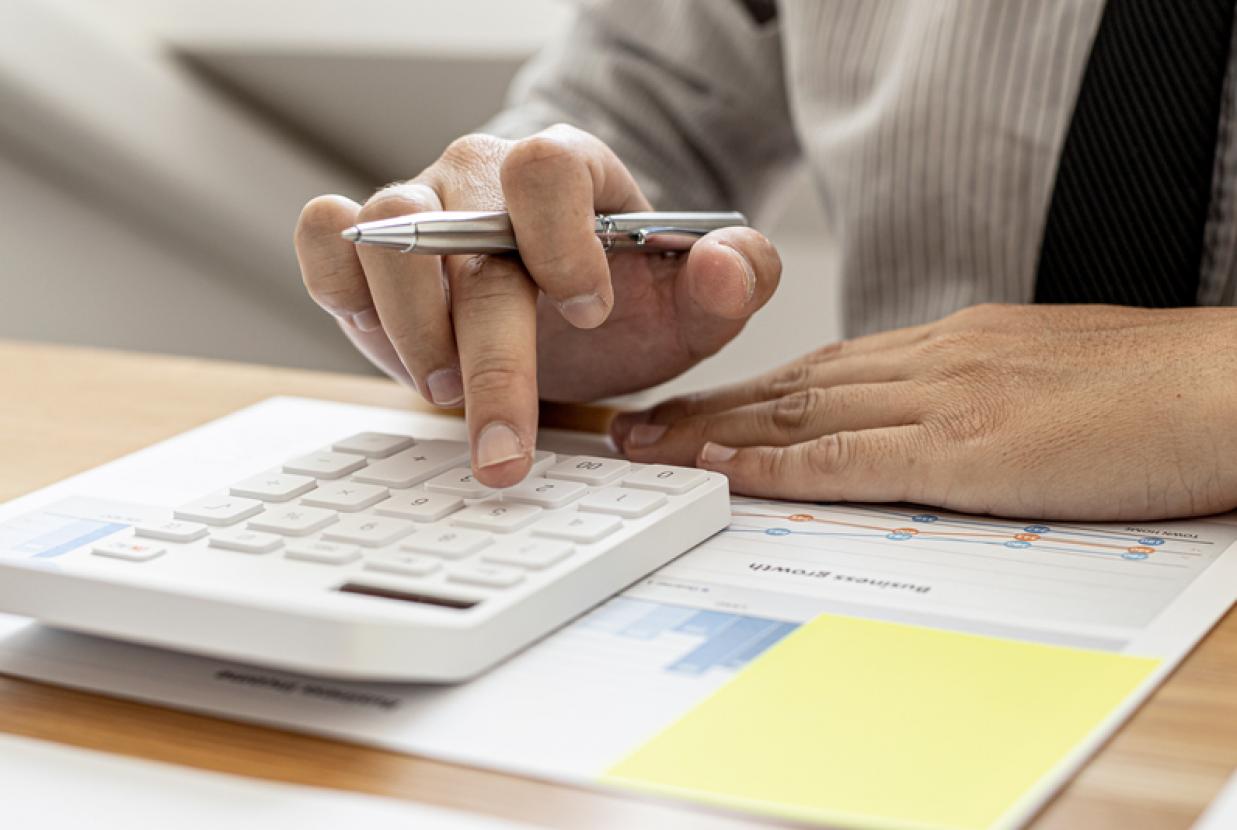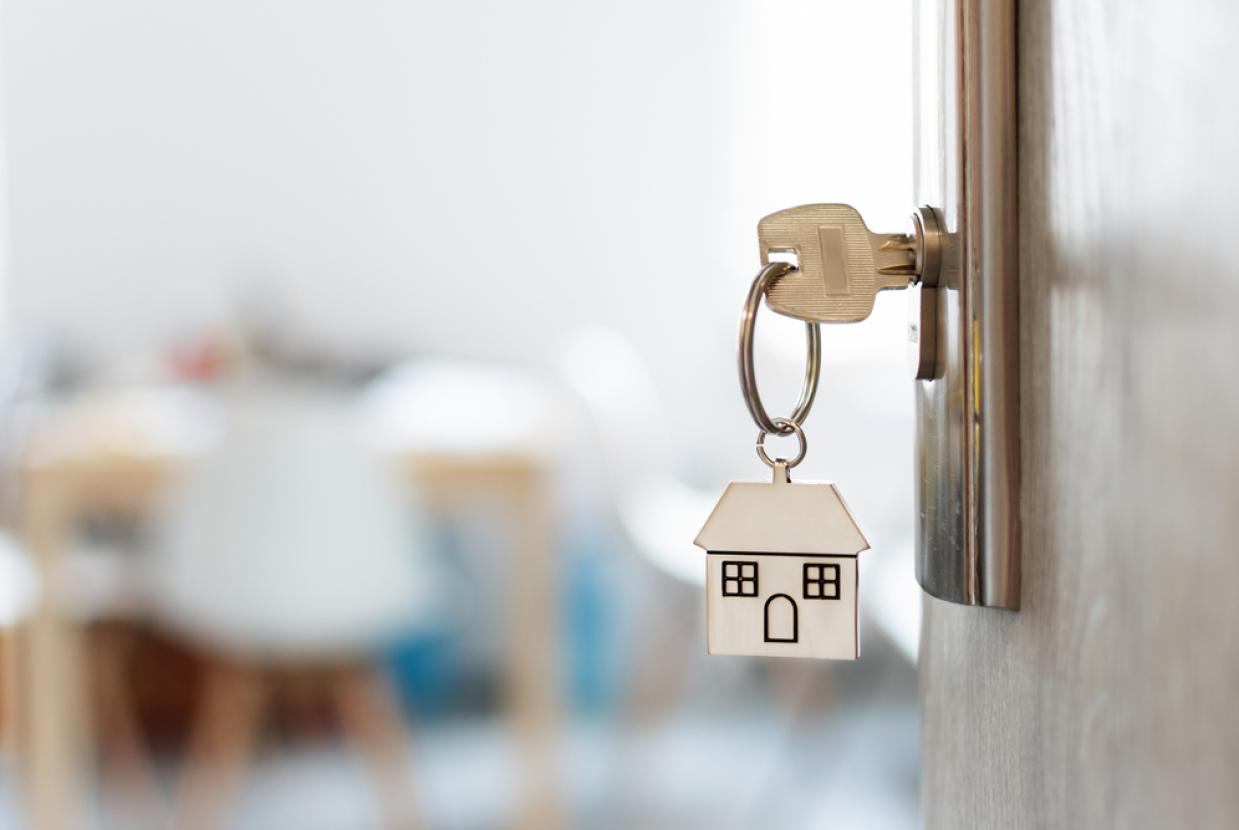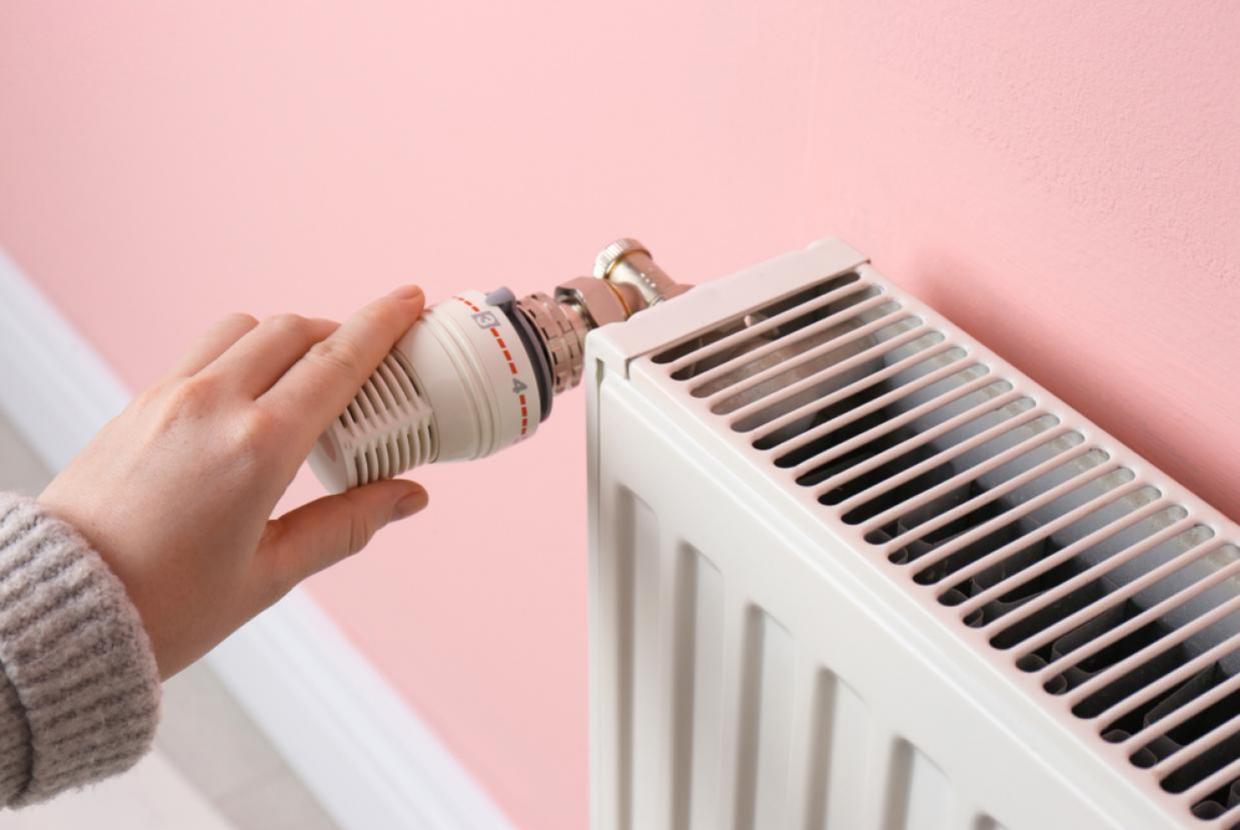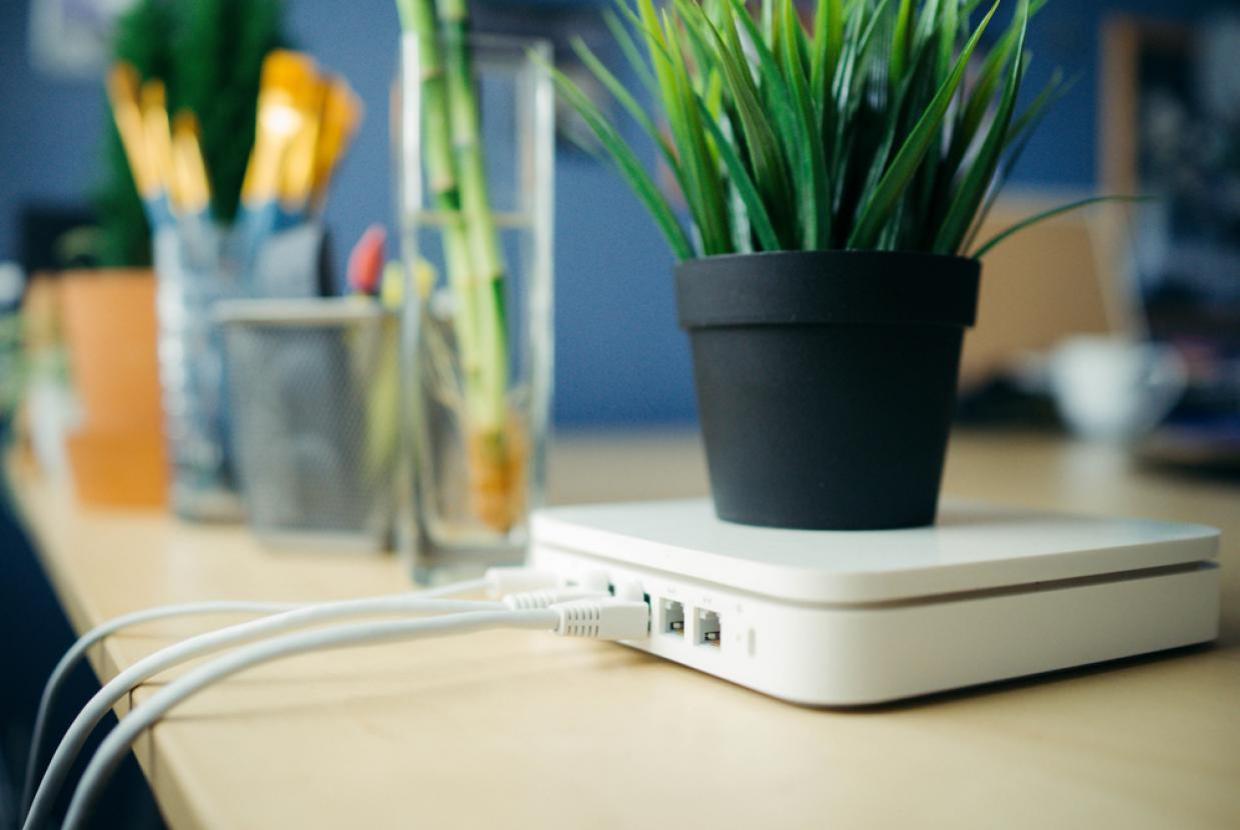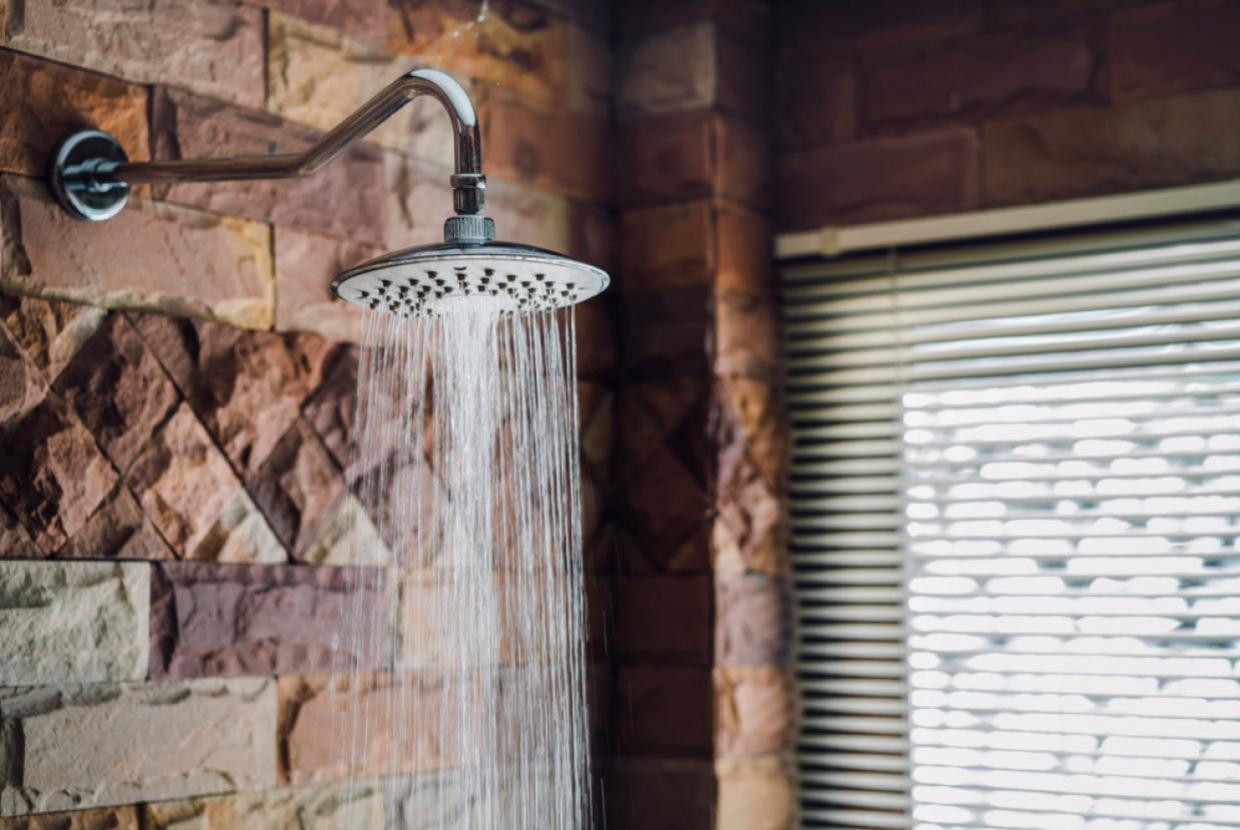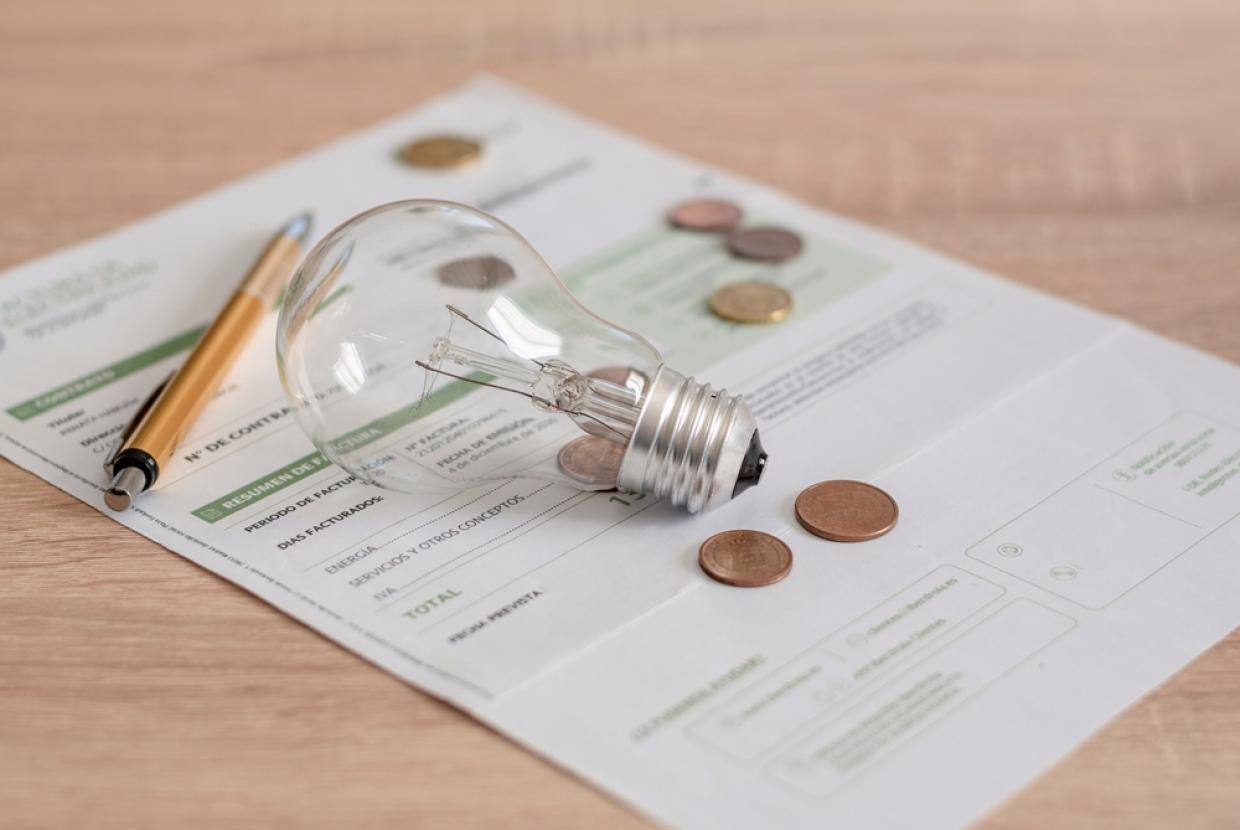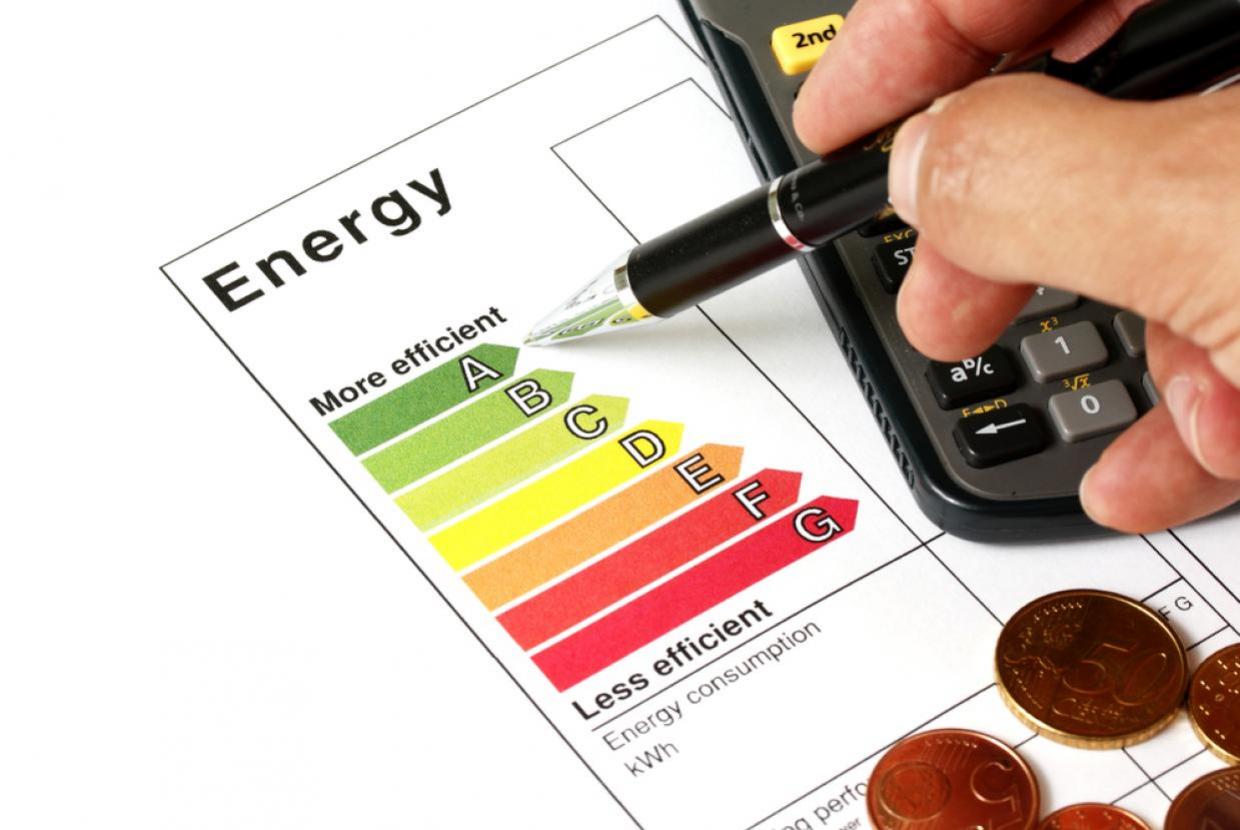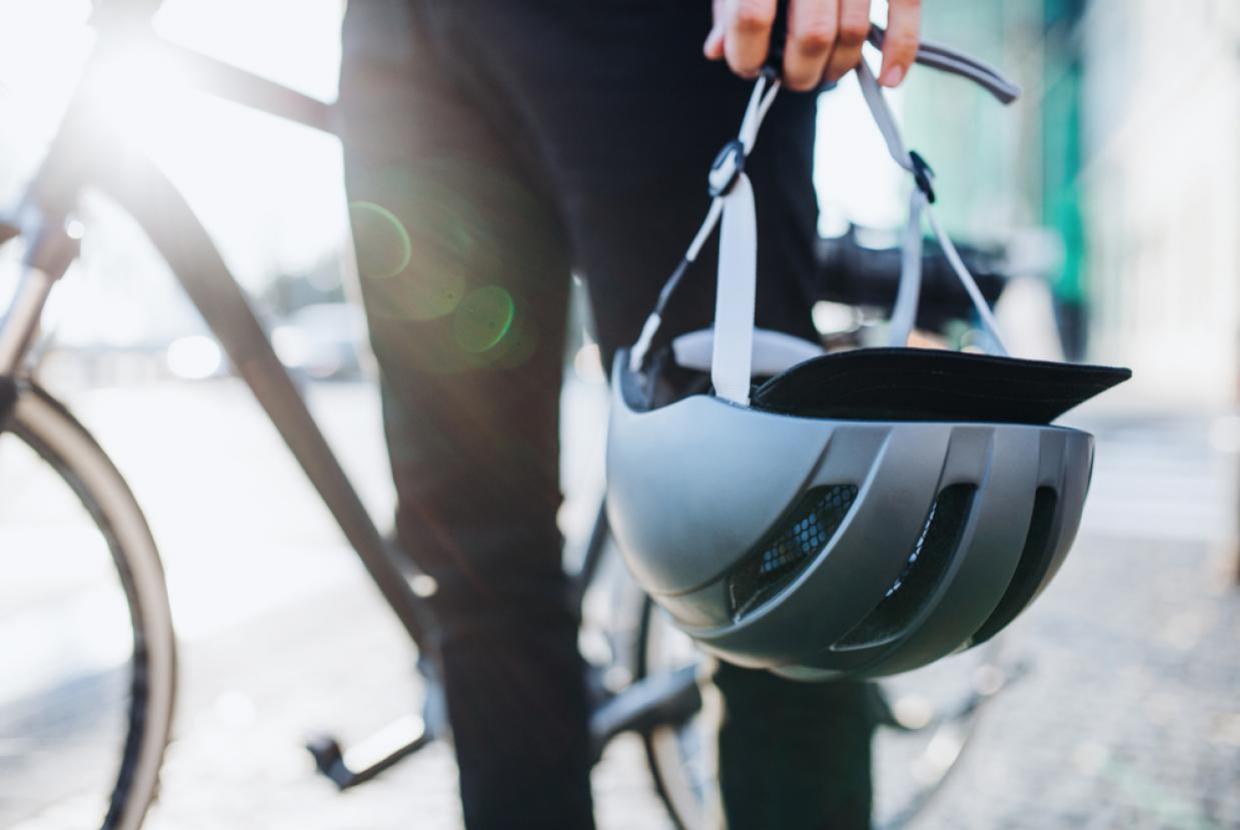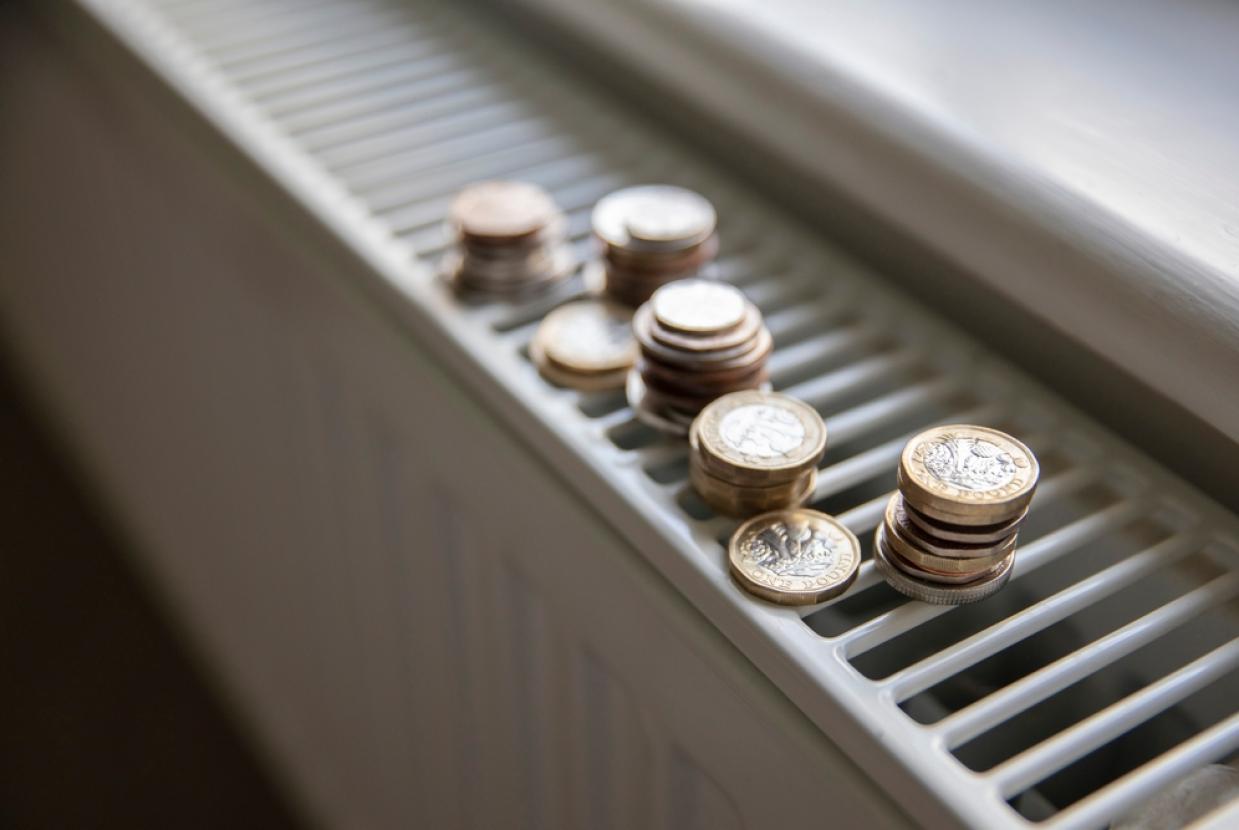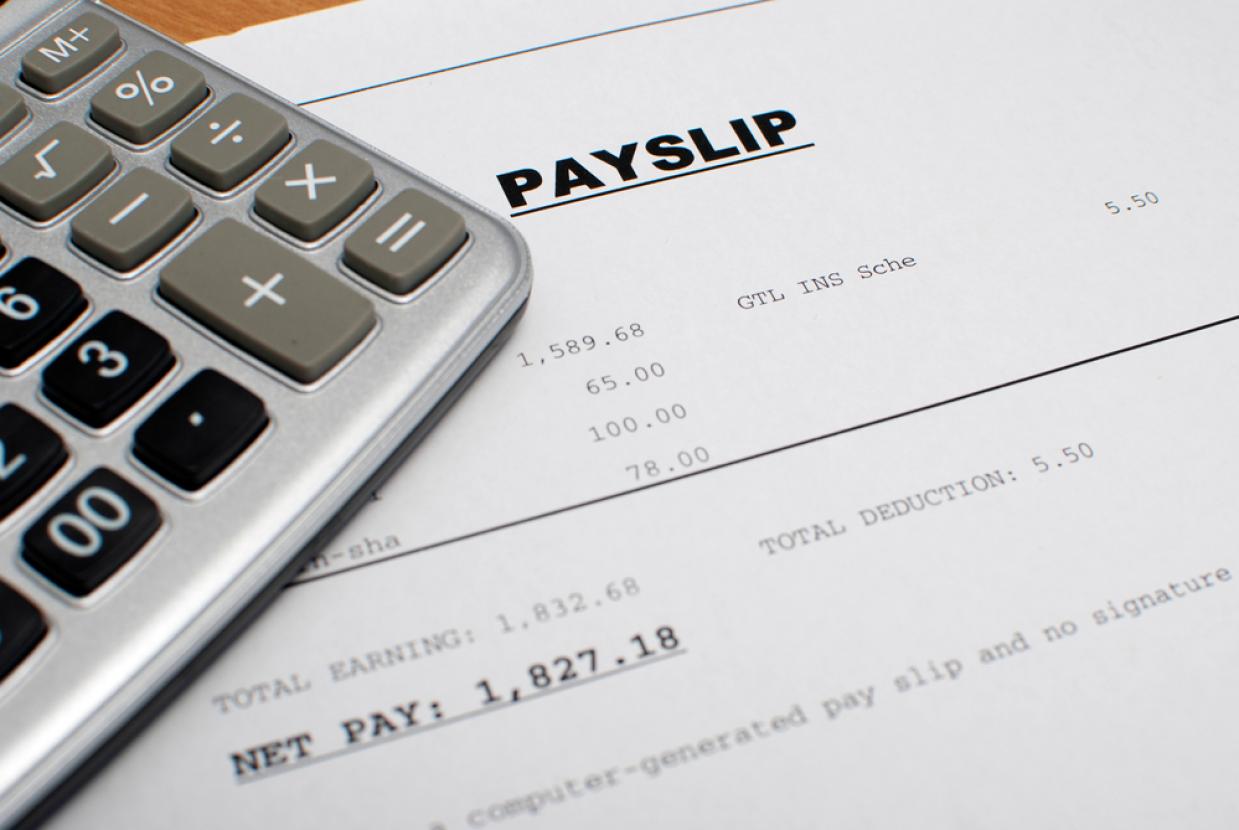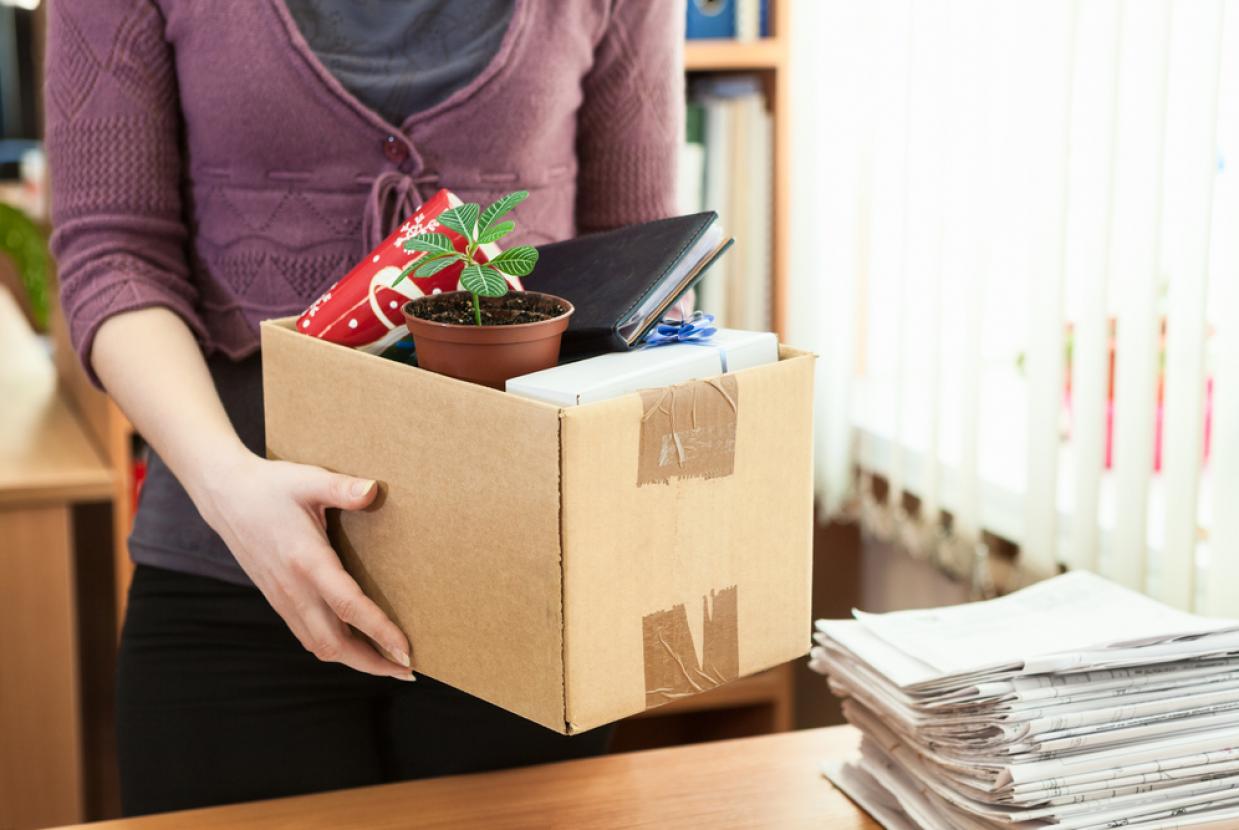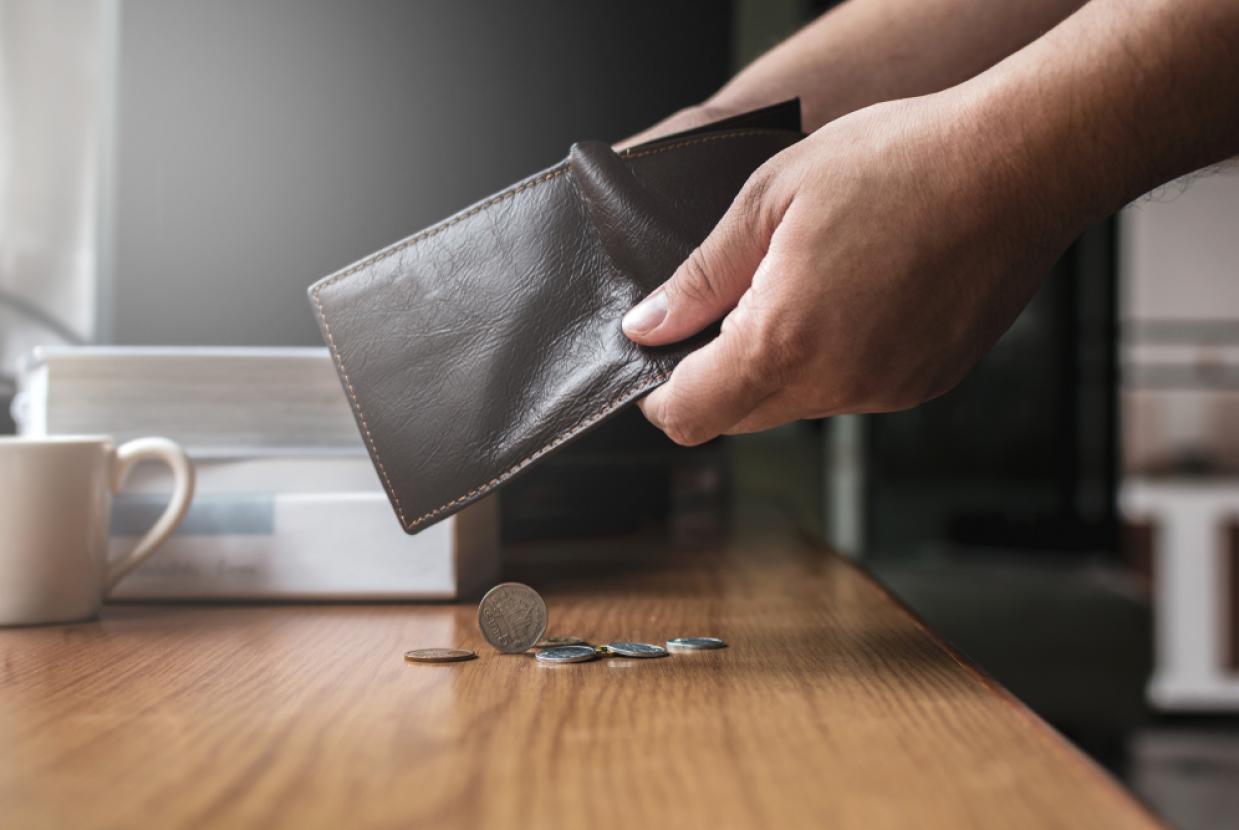Saving On Your Bills: Part I
Are you on the best deal or tariff for your needs? Could you save money by going online or paying in different ways? It doesn’t take long to check. Plus, find the help available if you’re struggling with your bills.
Review your energy costs
Energy prices are currently very high. Many people are looking to find a cheaper deal, but it’s likely your supplier’s standard default tariff rate set at the energy price cap by regulator Ofgem will be the cheapest rate available.
The energy cap is set to rise again in October 2022, so you’ll need to be ready to review what you’re paying again to see if it’s time to switch. Industry regulator Ofgem has warned the energy price cap could rise to around £2,800, an increase of over £800 on the current limit.
Currently, Direct Debit customers paying default tariffs are seeing their bills increase by £693 from £1277 to £1971 per year (based on average usage). The price cap for repayment customers has risen by £708 from £1309 to £2017.If you’re already on a fixed rate deal that’s lower than the energy price cap, and it’s coming to an end, you’ll automatically be moved onto the default tariff, but your bills might go up sharply. It’s important to talk to your supplier if you can’t afford the new payments and check if you qualify for extra support.
Energy bills support scheme
If you live in England, Scotland and Wales, you’ll now get £400 off your energy bills from October 2022. That’s an extra £200 on top of the £200 offered back in March. You’ll no longer have to pay this money back. If you pay your bills as Direct Debit or credit, the money will be credited to your account. If you have a pre-payment meter, the money will be either added to your meter of you’ll get a voucher to use for top-ups. If you live in Northern Ireland, you’ll get equivalent support.
If you use oil, liquified petroleum gas or solid fuels
Unlike gas and electricity, there’s no price cap to help control the cost of these types of fuel. Use this checklist to help keep costs down:
- Compare prices and don’t be afraid to haggle
- Consider joining or setting up an oil club to get further discounts
- Ask about flexible payment options
- Buy in the warmer months
- Keep your tank well-maintained
- Install an efficient boiler
- Claim grants to improve the energy efficiency of your home
- Claim benefits to help pay for energy bills
Claim all the benefits you’re entitled to (especially Pension Credit or Universal Credit) because these will passport you to further help, including the Warm Home Discount worth £150 a year.
Apply for energy efficiency grants
If you want to cut your power bills, you can go green and reduce the amount of energy you use. You might be able to get help towards the costs.
If you have an Energy Performance Certificate (EPC), you could get personalised advice to improve your home’s energy efficiency using the Simple Energy Advice calculator. Enter your postcode into the calculator to find out how much money you could save by installing further energy efficiency measures. The calculator will give recommendations based on who lives in the house, how often you’re at home and what you’ve done already to save energy.
Some of the switches are really easy. For example, you could save 10% on your heating costs by just turning down the thermostat by one degree.
Switch to a smart water meter
Usually, the bigger the home and the fewer people that live in it, the more likely you are to save money with a water meter.
To see if it’s right for you, you can use the water usage calculator on the Consumer Council for Water website. If it is right, your meter will be installed for free if you live in England or Wales. (Check with your water company if you live in Scotland). There are no water charges in Northern Ireland. You can also ask to switch if you’re renting.
If your water supplier can’t provide you with a water meter because it’s too difficult or expensive to install, they have to offer you can alternative, so you don’t lose out. This alternative is called an Assessed Charge. You can find out more about Assessed Charges on the Consumer Council for Water website.
If you’re on a water meter you can reduce your bill further by saving water. Check the Consumer Council for Water website and find your water company for tips and free water-saving gadgets.
Ways to spend less on fuel costs
Fuel costs are currently very high if you rely on a vehicle as your main type of transport. You can’t do much about the cost of petrol at the pumps, but you can reduce your spend by cutting back how much you use. Some tricks include keeping windows shut to increase aerodynamics, or driving more slowly, which can help fuel consumption.
Ready for Part II? Click here!


